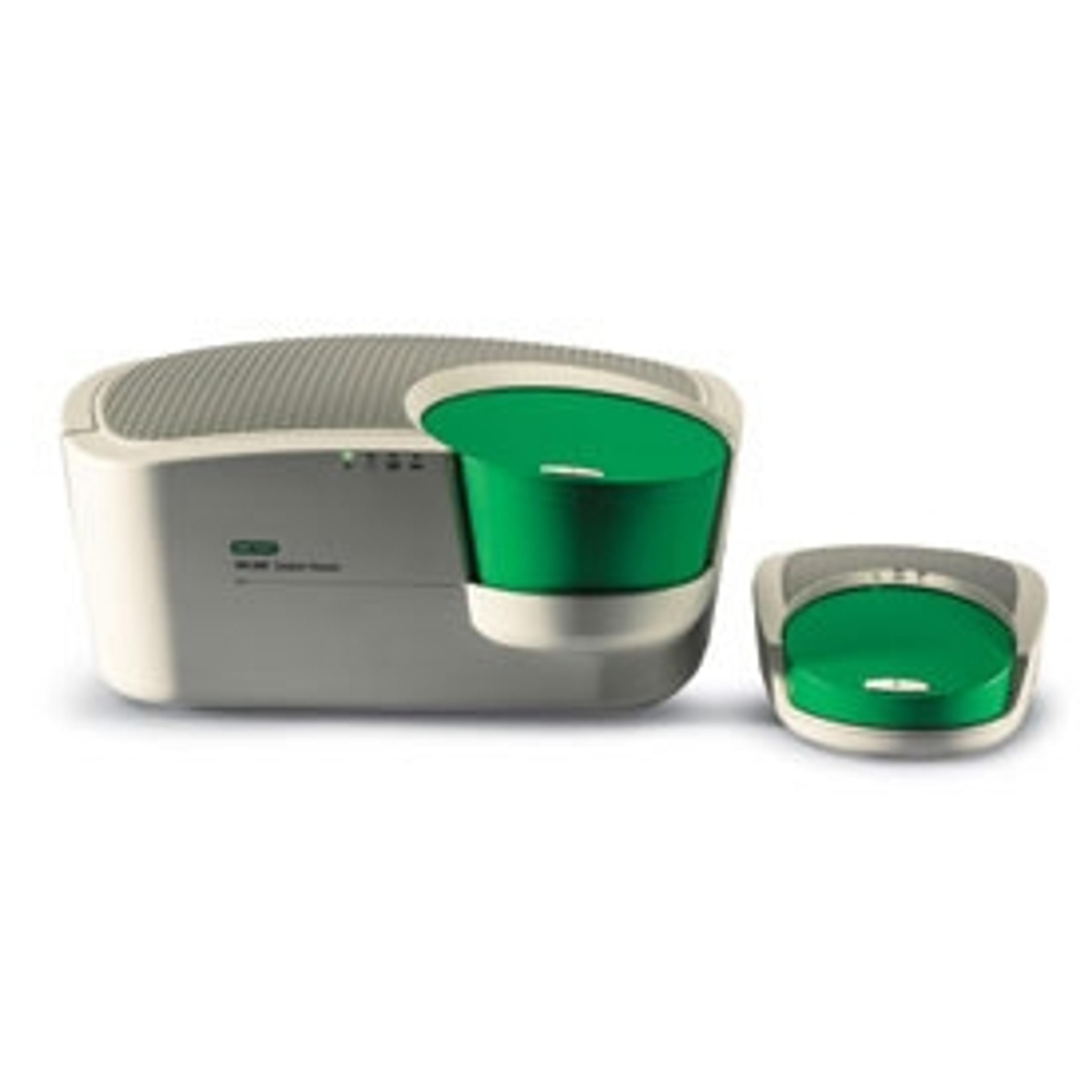This State-of-the-Art Technology is Driving Groundbreaking Research into Cancer, Mental Health and Alzheimer’s Disease
Find out how droplet digital PCR is being used at the very forefront of vital healthcare research
3 May 2017

Image: Shutterstock/Molecular-DigitalDNAIllustration-hywards
Droplet Digital PCR (ddPCR™) is Bio-Rad’s unique digital PCR technology that provides absolute quantification of target DNA or RNA molecules, without the use of standard curves. This powerful technology is driving groundbreaking new research in numerous areas of life science. SelectScience® has spoken exclusively to renowned scientists around the world, to learn more about the research that will shape the future of healthcare.
Progress in Alzheimer’s Disease Biomarker Identification using Digital PCR
Drs. Ramon Trullas and Petar Podlesniy, of the Neurobiology Unit at the Institut d’Investigacions Biomediques August Pi i Sunyer (IDIBAPS/CSIC/CIBERNED) in Barcelona, told SelectScience about their neurodegenerative disease research, recently published in collaboration with Drs. Franc Llorens and Inga Zerr at the German Center for Neurodegenerative Diseases in Göttingen. The recent work by their group used digital PCR (dPCR) technology to investigate biomarkers of neurodegeneration. It was found that decreased cell-free mitochondrial DNA can be used as a differential marker of Alzheimer’s disease.
Novel Melanoma Biomarker Identified from Liquid Biopsies Using Digital PCR
David Polsky, MD, PhD, Professor of Dermatologic Oncology at the New York University School of Medicine, told SelectScience about his recently published cancer research. This work used droplet digital PCR (ddPCR) technology to identify blood-based biomarkers of melanoma that could enhance both diagnosis and monitoring of disease progression.
Risk Factors for Prostate Cancer Identified and Validated Using Droplet Digital PCR
Professor of Genetics, Diptasri Mandal and graduate student, Kirsten Wood, from Louisiana State University Health Sciences Center spoke to SelectScience at AACR 2016 about their latest research that has identified genetic risk factors of hereditary prostate cancer. Droplet digital PCR (ddPCR) was used to validate these genetic abnormalities.
Steven McCarroll, Associate Professor in the Department of Genetics at Harvard Medical School, USA and colleagues, recently published a study in Nature that reported an association of the major histocompatibility complex (MHC) locus with schizophrenia risk. Copy number variations (CNVs), other complex forms of structural variation and paralogous sequence variations that resulted in increased expression of complement component 4 (C4), were particularly associated with an increased schizophrenia risk.
Absolute Quantification of Protein and RNA in a Single Cell Using Digital PCR Technology
Dr Cem Albayrak, Assistant Professor of Chemical and Biological Engineering, College of Engineering, Koç University, spoke to SelectScience about his research, which developed a powerful, novel methodology for the absolute quantification of messenger RNA (mRNA) and protein expression in single cells, using droplet digital PCR (ddPCR).

